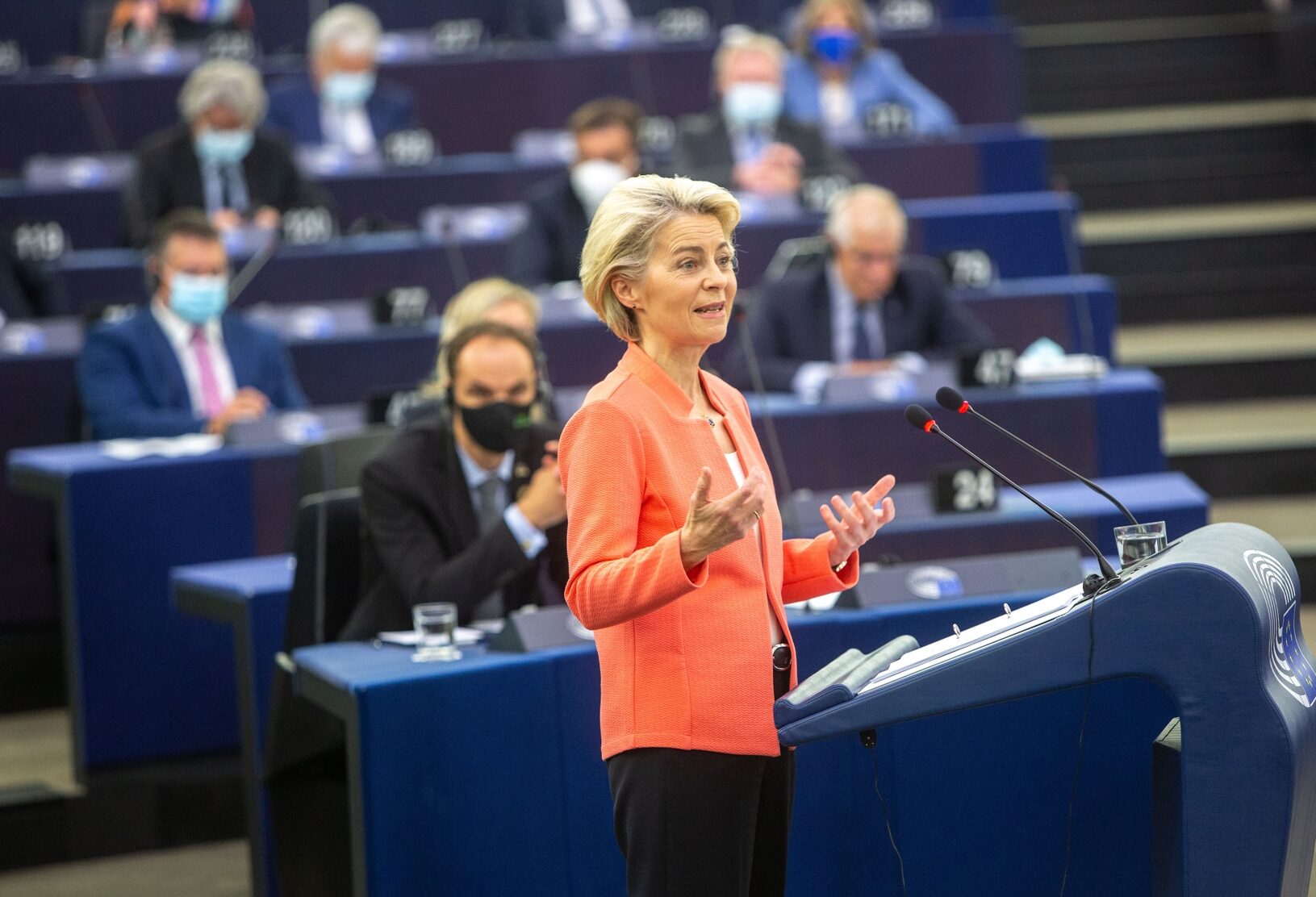The President of the European Commission Ursula von der Leyen announced in her speech on September 15 on the State of the European Union – much to the surprise of many listeners – new initiatives for the young generation. She would like to declare next year the European Year of Youth and launch a funding campaign for the benefit of educationally disadvantaged young people.
According to her, the Year of European Youth should bring about a greater focus on the circumstances of the young generation, who, as she said, would have given up so much for others. Linked to this is the hope that more young people will take part in the debates on the future of Europe through targeted actions. The youth administration in the commission now has the task of clarifying the details in a short time.

The second proposal, which provides for the introduction of a mobility measure especially for the so-called NEETs young people, is also interesting. With ALMA, the name of the announced initiative, another attempt is being made to motivate educationally disadvantaged young people to take up a career in other European countries. The Commission sees it as a contribution to combating youth unemployment, which has risen again during the pandemic, especially in the southern Member States. NEETs stands for the group of young women and men who are not in education, employment or training.
The idea is not new, the European Solidarity Corps (ESK) supports cross-border exchange experiences for those who have fallen through the net with a special format. Finally, due to the difficulty of attracting young people, but also companies and organizations, the format was not adopted in the new ESK. But ALMA can of course benefit from the diverse findings.
The new program is financed from the European Social Fund. In a first step, the European Commission will probably use the funding line for transnational cooperation in the ESF for this purpose. In a second step, it is planned to launch a coordinated call in which interested EU countries can participate via their national or regional ESF programs. ALMA does not need a new legal basis, but the Commission President will have to secure the political support of the Council.
The address on the State of the European Union 2021 can be read here.
